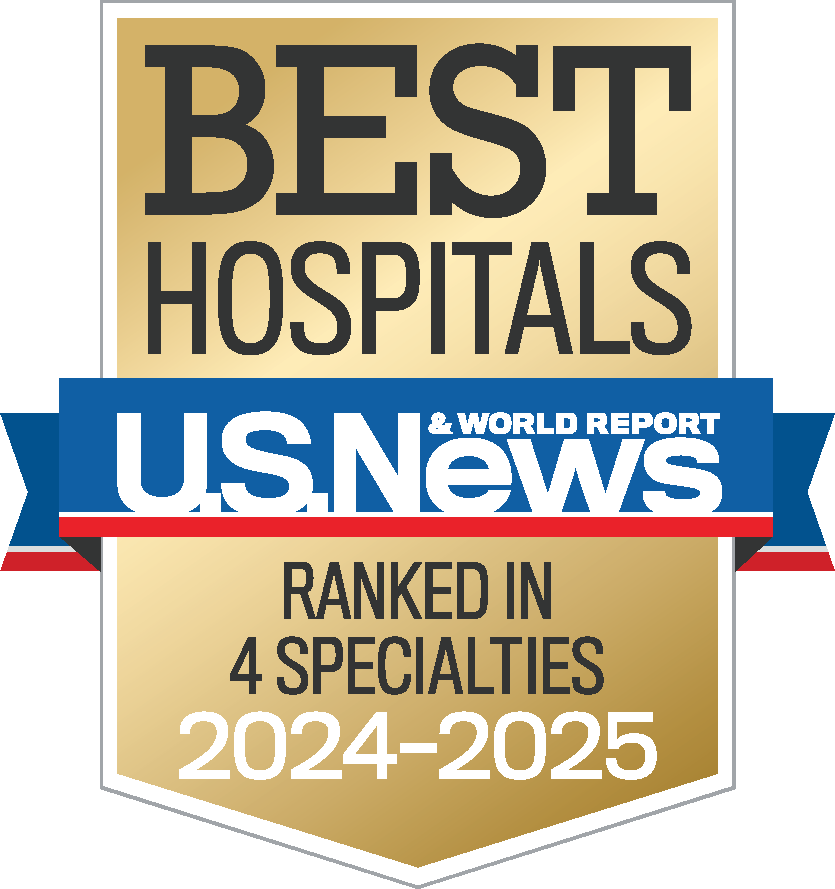When choosing a sleep center insist on quality, call the St. Luke's Center of Sleep Medicine at (832) 355-3348.
Your heart is designed to keep pace with the body's activities during the day, but at night the job of the heart is to decrease blood pressure and the heart is to beat slower. This allows the heart to rest and rejuvenate. There are over 80 varieties of sleep disorders that disturb sleep.In combination with our lifestyles, sleep often times gets placed on the bottom of the priority list. It is no wonder why we suffer. Adults need about 8 hours of sleep and should make their lives accommodate this vital need. Incorporating good sleep habits can help keep you on track.
Sleep apnea is a disorder where the airway closes and you stop breathing during sleep, causing the oxygen level to drop. When oxygen drops, the heart is triggered to work harder, causing blood pressure to increase. This can lead to high blood pressure, congestive heart failure, stoke, and other heart diseases. Treating sleep apnea can reduce the work load on the heart and other vital organs, improving overall health.
A group of people with atrial fibrillation and sleep apnea was studied. The people that had this condition and were treated for their sleep apnea had a 40% chance of coming back for further treatment of their atrial fibrillation. The people with atrial fibrillation and were untreated for their sleep apnea had a recurrence of atrial fibrillation of up to 80%.
- Your risk for high blood pressure is increased by 2-3 times if you have sleep apnea.
- Obstructive sleep apnea is one of two highest risk factors for sudden cardiac death.
- The risk for sudden cardiac death in sleep apnea patients occurs between 10:00 p.m. and 6:00 a.m. (sleep time) vs. the general population between 6:00 a.m. and 11:00 a.m. (wake time)



